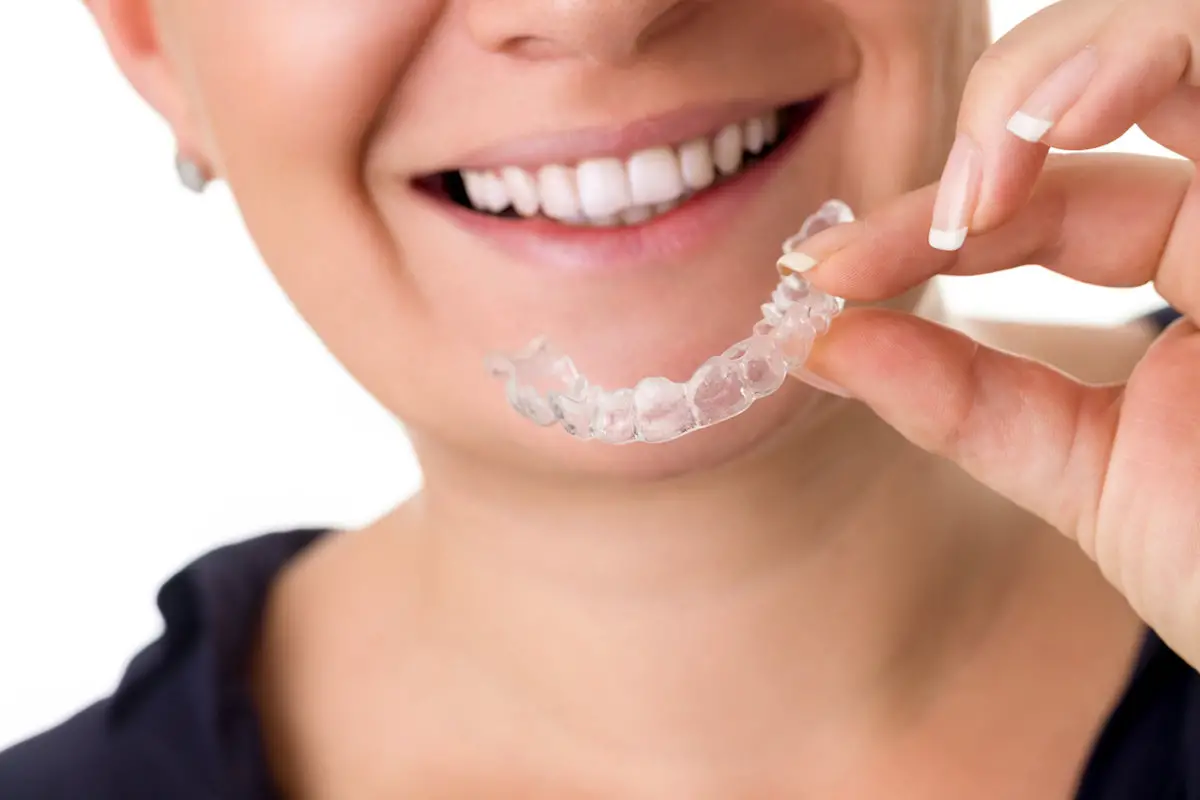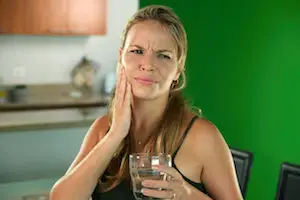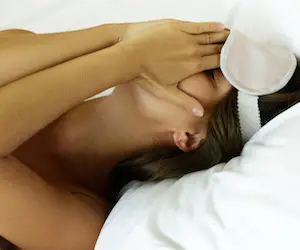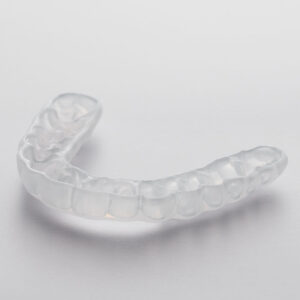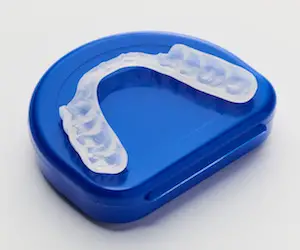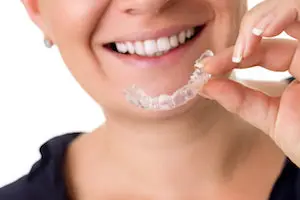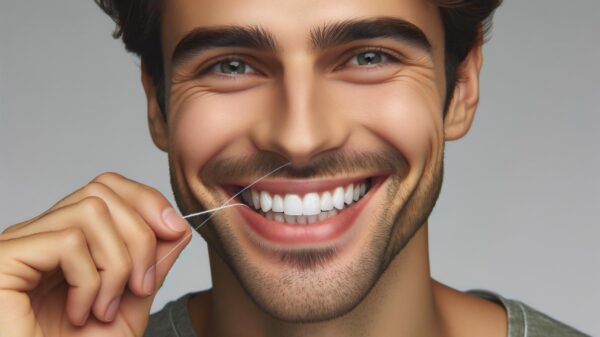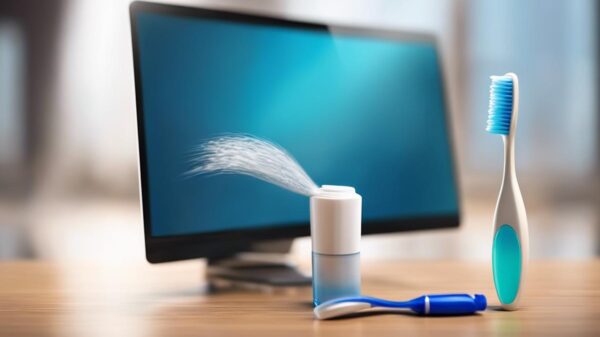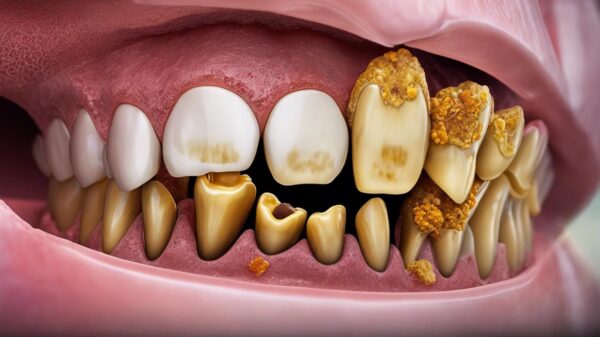How to Prevent Teeth Grinding
Teeth grinding is one of the most common ways that adults naturally release stress from their bodies. It’s a dangerous habit that can damage teeth, cause headaches, and increase nerve sensitivity in the mouth. Teeth grinding may even shift facial structures after years of the habit. While there are some methods others have used to prevent teeth grinding, the only sure way to protect your teeth from grinding and clenching is with a night guard.
If you know that you grind your teeth or have wondered if you grind your teeth when you’re sleeping, you probably have also wondered about the severity of doing it and how to prevent your teeth from grinding when you’re sleeping. Let’s take a look at how to prevent teeth grinding and signs that you may be grinding your teeth at night.
Why Do I Grind My Teeth?
Adults live busy and stressful lives. From work, school, family life, relationships, and financial obligations, there are many stressful circumstances that people deal with every day. The stress of everyday life can add up and if not dealt with properly, can lead to teeth grinding or clenching at night. When you drift off to sleep your body may subconsciously start to release the stress from the day by grinding your teeth together as you sleep.
This bad sleeping habit of clenching your jaw and grinding your teeth is known as sleep bruxism, one of the two types of bruxism. The other type is called awake bruxism and it is far easier to diagnose the habit and causes of the condition, as it tends to be more related to just stress and anxiety. However, sleep bruxism is more of a problem, as some people do not catch the warning signs and this is much more common than you would think. As there are other factors, alongside stress and anxiety, that can be contributing to your teeth grinding at night along with stress as well, such as genetics and physical traits.
Primary causes or factors to teeth grinding:
- Stress and Anxiety
- Personality
- Genetics and Family History
- Other Medical Conditions and Accompanying Medications
- Substance Usage (alcohol, coffee, other caffeinated drinks, smoking tobacco, recreational drugs, etc…)
Grinding Teeth Symptoms
If left untreated, you may suffer from a variety of symptoms. Here are a few that you check for that may give you a clue on whether you are grinding your teeth at night. Waking up with headaches is one of the most common symptoms of teeth grinders. When your teeth are clenched constantly the muscles in your jaw are worked. After a while, they begin to tire and that stress on the muscles travels to your head where it causes headaches. If you continue to wake up with headaches you may be grinding your teeth at night.
As teeth become worn down from all the grinding, there’s a good chance that sensitivity in them increases as nerves are exposed. Hot and cold foods or liquids will cause pain and will become difficult to enjoy with damaged teeth from grinding. If you find yourself struggling to eat foods you used to enjoy with your teeth in pain, it may be a sign of teeth grinding at night.
Another sign would be the damage to your teeth, however, since the damage can range from mild to severe, you may catch it too late. As the wearing down of your teeth starts from unnoticeable to your teeth becoming flattened and even chipped. If the latter were to occur, this permanent damage to your teeth would cause only further dental issues in the future and this would cost a lot of money to fix.
If you sleep with a partner one of the most obvious signs of teeth grinding is the sound of it. Grinders produce a small audible noise that “pops” or “clicks”. You can hear the joints of the jaw popping or the clicking of teeth. If you or your partner suspects teeth grinding, have the other listen for it at night. Once you recognize the noise, you will be able to confirm whether teeth grinding is occurring.
How to Prevent Teeth Grinding
Now that you are aware of some of the signs of teeth grinding, how do you prevent teeth grinding? Finding ways to relax before bed may help with unpacking stress. However, there’s only one sure way of protecting your teeth against teeth grinding and that’s with a night guard. These are used to prevent teeth from grinding and clenching. By wearing one at night, your teeth will be protected from the severe punishment of grinding. Night guards act as a comfortable barrier for your teeth and will instantly grant relief and help prevent headaches.
Custom night guards are the most recommended as they are crafted to fit your smile perfectly. With this premium protection against even the most severe grinding, your teeth will comfortably fit in the guard as you sleep. These custom night guards are sleek, compared to the bulky over-the-counter guards found in drugstores.
An occlusal guard can come in different forms, especially with the material that they are crafted. There are soft night guards crafted for heavy clenching, there are super hard flexible night guards crafted for heavy grinding, and there are back cut night guards crafted for maximum comfort and airflow. In order to pick the right occlusal guard for you, it will be based on the type of teeth grinding you suffer from. Once this is concluded, this will determine the type of night guard that you need.
Other things you can do to prevent you from grinding your teeth are relaxation exercises and practices. For example, you can try to relax your jaw muscles, avoid caffeine and alcohol, and practice stress-relieving activities like meditation or yoga. While some people may need to take medication to relieve stress or anxiety, but this could result in negative side effects.
Conclusion
The best way to prevent teeth grinding is by wearing a custom night guard while you sleep. These devices are designed to prevent damage to your teeth and help reduce morning headaches. If you are tossing and turning at night and waking up in pain, a teeth-grinding guard is your best way to prevent teeth grinding.
Related Questions
Can Teeth Grinding Be Cured?
There is unfortunately not a single answer to the question of how to cure teeth grinding. However, there are some ways that can treat it and therefore, minimize the risk of developing this condition or reduce its severity. While some may try to treat themselves through relaxation practices that focus on reducing feelings of stress and anxiety to stop themselves from grinding their teeth. However, this is not the most effective method to treat the condition. As the one sure and effective way to treat this condition is to get yourself a mouth guard to wear at night.
Is Teeth Clenching the Same as Teeth Grinding?
While the two seem similar, there is a difference between teeth clenching and teeth grinding. As teeth clenching is when you clench your teeth together, often when you have feelings of stress and anxiety. While teeth grinding is when you grind your teeth back and forth. The primary cause is from having feelings of stress and anxiety. However, these conditions could also be traced back to other genetic and physical factors. Additionally, the habit of grinding your teeth can cause more severe damage to the teeth than teeth clenching. As it can alter the shape and overall health of your teeth. However, there are some similarities between teeth clenching and teeth grinding. As some are that these two conditions both lead to headaches, jaw pain, damage to your teeth, and other problems.



